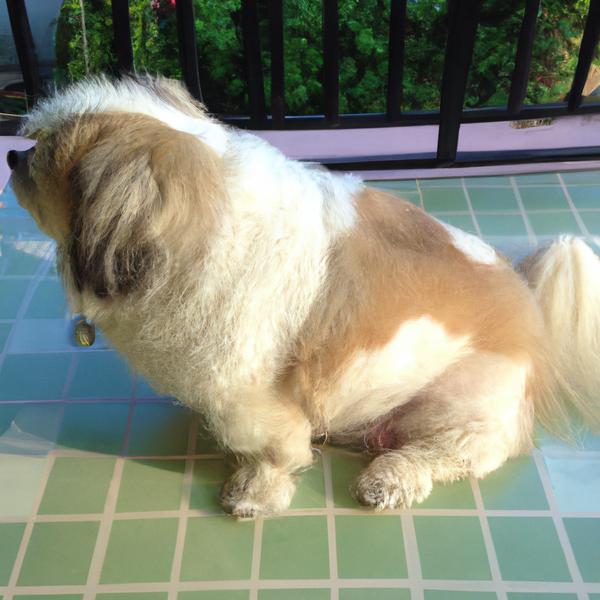
Cheeks Breed Information & Characteristics
Hypoallergenic
Are Cheekss Hypoallergenic?
Unfortunately, the Cheeks is not hypoallergenic, making it not a good choice for a dog lover who suffers from pet allergies.
Temperament
What is a Cheeks personality? What are Cheeks dogs best known for?
Stubborn
Alert
Courageous
Intelligent
Affectionate
Quick
Devoted
Lively
Aggressive
Good-natured
Opinionated
Shedding Level
Are Cheekss heavy shedders? How Much Does a Cheeks Shed?
Cheeks dogs are low shedders. The coat sheds an average amount and doesn't require much care.
Watchdog Ability
What is the watchdog ability of a Cheeks dog?
The Cheeks breed is one of the worst choice if you want a good watchdog.
Ancestry
What are Cheekss descended from?
Pekingese, Chihuahua
Breed recognition
What organizations or kennel clubs recognize/register the Cheeks breed?
ACHC = American Canine Hybrid Club
DBR = Designer Breed Registry
DDKC = Designer Dogs Kennel Club
DRA = Dog Registry of America, Inc.
IDCR = International Designer Canine Registry®
Date of Birth
When were Cheekss first bred? How old is the Cheeks breed?
Unknown
Litter Size
How many puppies can a Cheeks have in a litter? How many puppies can a Cheeks have in her first litter?
A Cheeks can have a litter of 2-4 puppies on average. However, it's worth noting that the size of the litters can vary greatly. Factors that can influence litter size include the health of the mother, breeding history, and genetics.
Adaptability
Cheekss are known for their adaptability and versatility, they are capable of adapting well to a wide range of lifestyle changes and living environments. They are a highly adaptable breed, and make great companions for families and individuals of all lifestyles.
Health Issues
Do Cheekss have a lot of health problems?
The Cheeks breed is commonly healthy with low vet costs, regular check-ups may not be as necessary but it's important to keep an eye on their health and have them checked by a veterinarian when needed.
Major Concerns
What are the major health concerns to be aware of when owning a Cheeks?
Patellar Luxation
Hydrocephalus
Mitral Valve Disease
Minor Concerns
What are the less significant issues to keep in mind when it comes to Cheekss?
Skin Problems
Eye Problems
Heart Problems
Occasional Tests
What are the occasional tests recommended for Cheeks breed?
Knee
Heart
X-Rays
Physical Examination
Energy
Do Cheekss have a lot of energy?
Cheekss may be a good breed for those who prefer a more relaxed lifestyle. They tend to have a lower energy level than other breeds of dogs.
Social Needs
Do Cheekss need socialization? How social are Cheekss?
Cheeks have above average social needs compared to other breeds.They thrive in environments where they have a lot of interaction with humans and other dogs.
Exercise Needed
How much exercise should Cheekss get?
The Cheeks is a breed that requires minimal physical activity to maintain a healthy lifestyle.
Sleeping Need
How much sleep should a Cheeks have? Do Cheekss sleep a lot?
The Cheeks breed is known for their relaxed and calm nature and tendency to sleep for long periods of time.
Tendency to Bark
How much does it bark?
The Cheeks is a vocal breed, with a tendency to bark and howl frequently. They may not be the best fit for those seeking a quiet companion. Their barks can vary and can indicate different emotions and needs.
Mouthiness
Are Cheekss mouthy?
Roaming urge
What is the likelihood of a Cheeks running away? Do they have a tendency to explore or wander frequently?
Prey Drive
Do Cheeks dogs have a high prey drive?
Past times
What do Cheekss enjoy doing? How do I keep my Cheeks busy?
Love to cuddle, Running, Walking, Relaxing
Tolerance of being left alone
Grooming
What level of grooming should be provided for a Cheeks?
The Cheeks is a breed of dog that requires an average amount of grooming effort.
Intelligence
How intelligent is a Cheeks?
The Cheeks have the lowest degree of obedience intelligence. This breed is an independent "freethinker" and gets on the dumbest dog breeds list since they can also be stubborn — training a Cheeks is an exercise in patience.
Sensitivity Level
How sensitive is a Cheeks dog?
This dog breed is more sensitive than others and easily overwhelmed by new surroundings and people. They need gentle handling and a calm, stable home environment with positive reinforcement training.
Affection Dependance
Are Cheeks dogs affectionate?
Apartment Friendly
Do Cheeks do well in apartments? Are Cheekss good indoor dogs?
Cheekss are known for being excellent apartment dogs. They are fairly active indoors and will do okay without a yard.
Child Friendly
Are Cheekss good with kids? Are Cheekss good around children?
Cheeks dogs are not kid-friendly.
Senior-friendly
Are Cheekss good for elderly?
Cat Friendly
Are Cheekss good with cats? How friendly Cheekss are toward cats?
Cheekss are very cat friendly dogs. They generally make good companions for cats.
Dog Friendly
Do Cheeks dogs get along with other dogs? Are Cheekss OK with other dogs?
Cheekss are average friendly towards other dogs. If they are raised with other dogs, they are likely to get along with them. And, if they are socialized properly from a young age, they will usually be great with other dogs.
Pet friendly
How do Cheeks dogs interact with other pets? Are they considered pet-friendly?
Stranger Friendly
Are Cheekss friendly with strangers?
Cheekss are average friendly around strangers. They can be wary around strangers and a little standoffish. Early socialisation is key.
Playfulness
Do Cheekss like to play? Are Cheekss playful?
Cheekss are not the most playful dog breed.
Trainability
Are Cheeks easily trained?
Cheeks dogs are known for their ease of training and ability to learn quickly, making them a popular choice for pet owners and trainers alike.
Compare Cheeks with other breeds
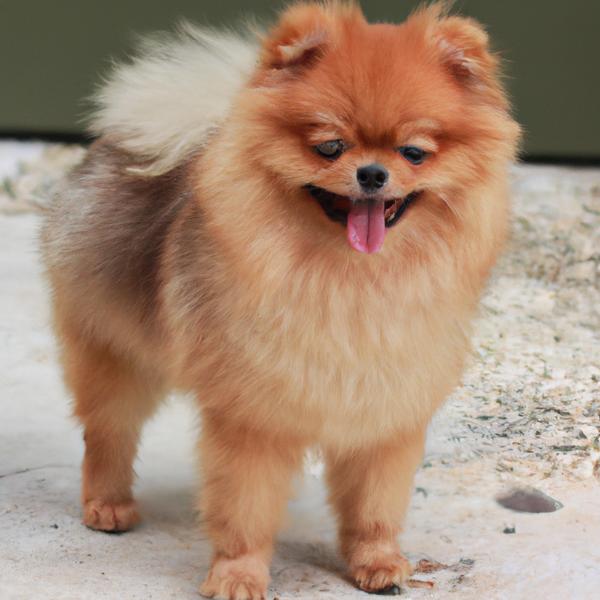
Yoranian
Cheeks vs Yoranian
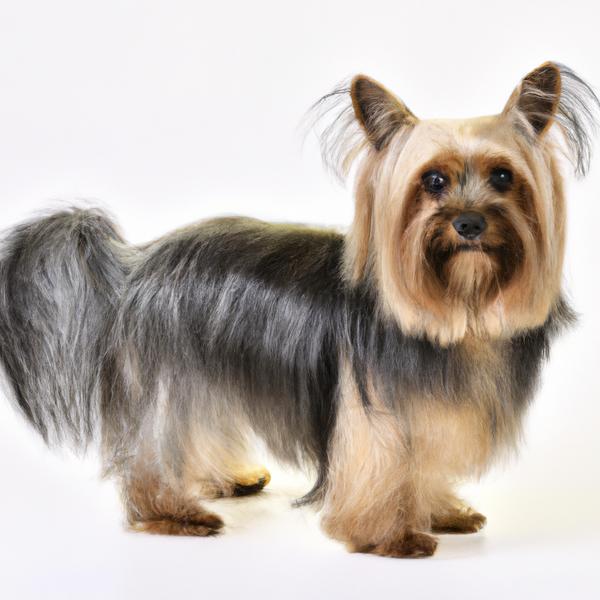
Yorkillon
Cheeks vs Yorkillon
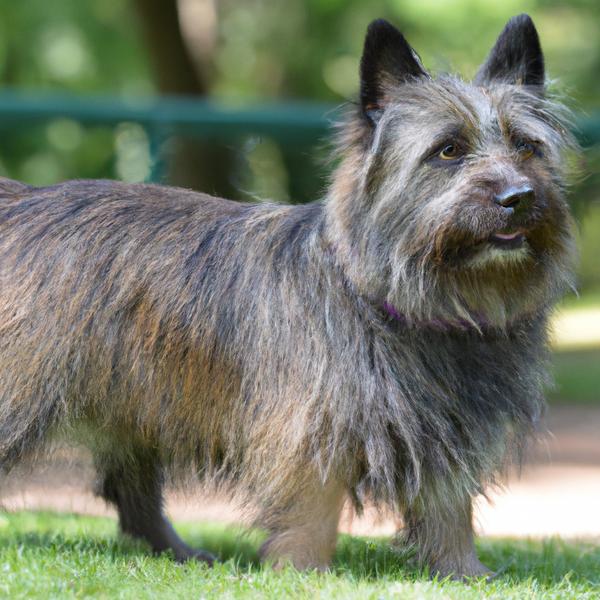
Cairn Australian Shepterrier
Cheeks vs Cairn Australian Shepterrier
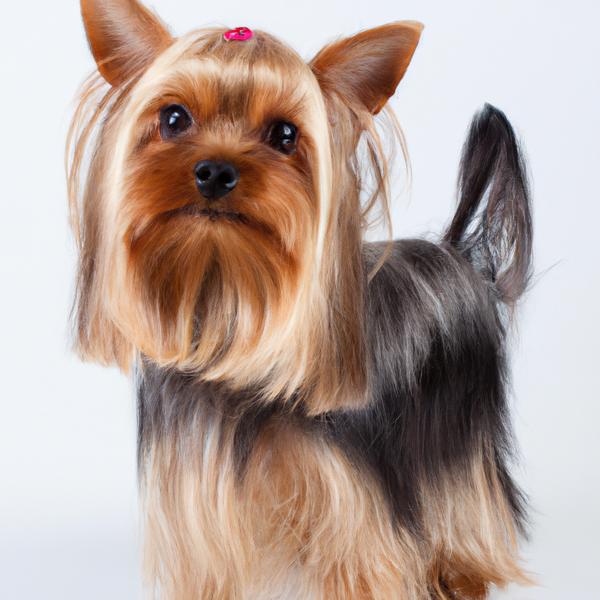
Yorwich
Cheeks vs Yorwich

Beagle Point
Cheeks vs Beagle Point
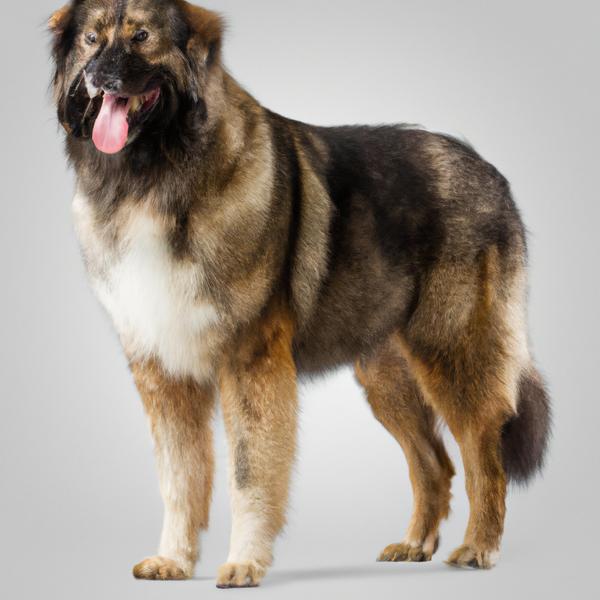
Great Cambrian Shepherd
Cheeks vs Great Cambrian Shepherd
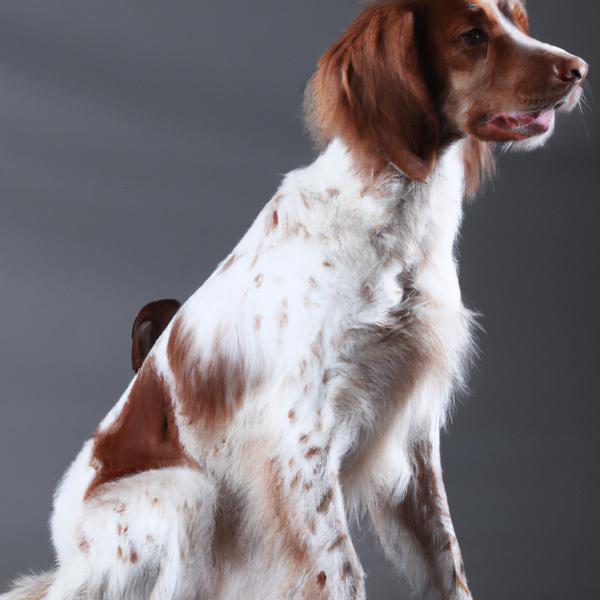
Brittany (Spaniel)
Cheeks vs Brittany (Spaniel)

Borgi
Cheeks vs Borgi
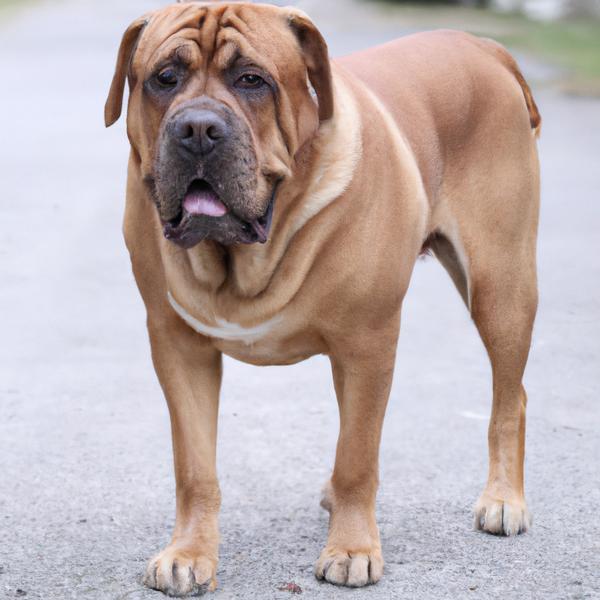
Boxer Chow
Cheeks vs Boxer Chow
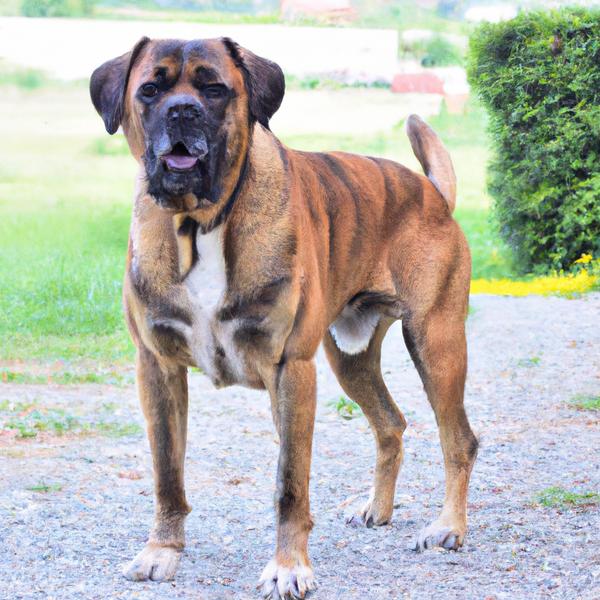
Bologco
Cheeks vs Bologco

Mastiff
Cheeks vs Mastiff

English Speagle
Cheeks vs English Speagle